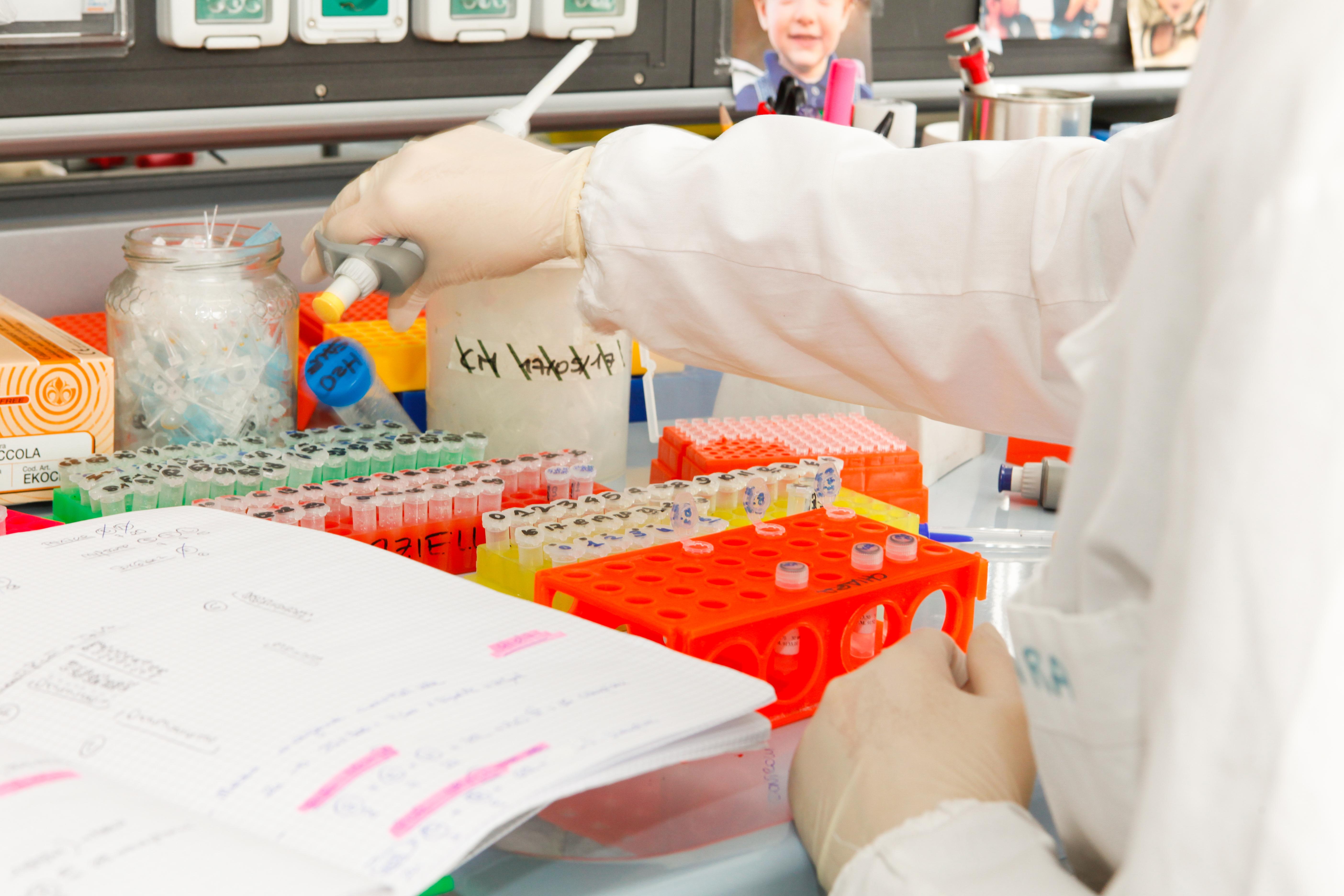Mission 4 “Education and research”
By tackling the problems of Italy’s education, training and research system, Mission 4 of the PNRR aims to strengthen the conditions for Italy’s economy to become truly competitive, highly resilient and knowledge-intensive.
Mission 4 consists of 2 components, each with a dedicated budget:
- M4C1 - Strengthening the provision of education services: from nurseries to universities (19.44 billion euros)
- M4C2 - From research to business (11.44 billion euros)

Component 1 of Mission 4 includes structural interventions for the enhancement of human resources in every area of education, with the aim to fill or significantly reduce gaps in the education system at all levels. This component consists of 13 investments and 10 reforms.
With regard to Investment 1.6, the University of Milan serves as lead institution for a network of tertiary education entities that organise orientation pathways for students in their third, fourth and fifth year of upper secondary school. Other partners in the network are the University of Milan-Bicocca, the University of Bergamo and the School of Advanced Studies IUSS Pavia. Orientation pathways have no marketing purposes, but seek to encourage and support students in transitioning from secondary school to university.
Orientation pathways are organised in agreement with the schools and consist of different modules: some of them provide general guidance on the choice of university, while others focus on specific subjects. Modules may include mock university lectures, practical lab sessions, guided visits and thematic seminars.
In 2022, in the framework of a PNRR call under Reform 1.7, the University of Milan received 10,720,000 euros from the Ministry of University and Research as co-financing for the creation of 268 additional places in the student dorm located in via Ripamonti 35, Milan, which is now managed by Hines. These new places, which must be maintained for nine years, increase the total number of places assigned every year by the University to non-resident and international students.
Project funded under Component 2 aim to foster investments in R&D, promote innovation and technology dissemination, and strengthen skills development. Component 2 consists of 11 investments, which are grouped into four lines of intervention covering the whole spectrum of research and innovation activities, from basic research to technological transfer. Measures differ both in terms of actors involved in the networks (universities, research centres and companies), and technological maturity level.
The University of Milan participates in projects under 3 of the 11 investments envisaged by Component 2 “From research to business” of Mission 4 “Education and research”.
Investment 1.1 aims to strengthen scientific research support measures, as indicated in the National Research Programme (PNR) 2021-2027. These measures reflect the six clusters of the EU Framework Programme for Research and Innovation 2021-2027. Additionally, the Fund finances Research Projects of Significant National Interest (PRIN).
In the framework of Investment 1.1, the Ministry of University and Research has financed 133 PRIN projects of the University of Milan using PNRR funds, and co-financed another 444.
This measure aims to support the research activity of up to 2,100 young researchers who have won one of the following:
- a Starting Grant of the European Research Council (ERC)
- an MSCA Postdoctoral Fellowship or MSCA Individual Fellowship
- an MSCA Seal of Excellence, following participation in a call for proposals for Postdoctoral Fellowships or Individual Fellowships under the Horizon 2020 and Horizon Europe programmes.
- ERC Starting Grant
- Young Researcher Marie Skłodowska Curie Action
- "Seal of Excellence"
- CeSein-TB - Cellular senescence in tuberculosis
- COFPROCESS - Polymer-supported Covalent Organic Frameworks: high processability and application in new gene-ration energy storage devices
- Mycept - Fostering Mycobacterium tuberculosis clearance through remodulation of the histone epigenetic landscape
- PHOENIX - Potential Hand-held sensOrs to diagnosE pulmoNary dIseases from eXhaled breath
- THELMA - The sex-dependent effects of amino acid-based diets on energy metabolism: innovative approaches to manage the metabolic syndrome
Investment 3.1 supports the creation of research and innovation infrastructures with the aim to connect industry and academia. These infrastructures are financed using both public and private funds.
- EBRAINS-Italy - European Brain ReseArch INfrastructureS-Italy
- ELIXIRxNEXTgenIT - ELIXIR x NextGenerationIT
- IRIS - Innovative Research Infrastructure on Applied Superconductivity
- NFFA-DI Nano Foundries and Fine Analysis Digital Infrastructure
- STILES STrengthening the Italian Leadership in ELT and SKA
This measure aims to strengthen high-level skills, particularly in the area of Key Enabling Technologies, by creating dedicated PhD programmes funded and participated by companies, and by providing companies with incentives to hire junior researchers.
Moreover, a hub will be set up for the economic use of research generated within industrial doctoral programmes, thereby encouraging the creation of spin-offs.
More specifically, a total of 5,000 three-year doctoral scholarships will be funded under investment 3.3, including through private investments. PhD programmes funded by these scholarships cover strategic research fields, which are identified according to the needs of the job market. Doctoral students also conduct research at a company and/or abroad for a minimum of 6 and up to 18 months; this is also possible thanks to the involvement of Italian regional administrations.
PhD programmes with scholarships funded under Ministerial Decrees 117/23 and 118/23:
- Agriculture, Environment and Bioenergy
- Molecular and Cellular Biology
- Chemistry
- Industrial Chemistry
- Public, International and European Union Law
- Economics
- Physics, Astrophysics and Applied Physics
- Image, Language, Figure: Forms and Modes of Mediation
- Computer Science
- International and Public Law, Ethics and Economics for Sustainable Development - LEES
- Intersectoral Innovation
- Systems Medicine
- Experimental Medicine
- Translational Medicine
- Clinical Research
- Environmental Sciences
- Literature, Arts and Environmental Heritage
- Nutritional Sciences
- Earth Sciences
- Exercise and Sport Sciences
- Pharmaceutical Sciences
- Pharmacological Biomolecular Sciences, Experimental and Clinical
- Legal Studies “Cesare Beccaria”
- Mathematical Sciences
- Food Systems
- Veterinary and Animal Science
- Economic Sociology, Organization, and Labor (ESOL)
- The Human Mind and Its Explanations: Language, Brain and Reasoning

